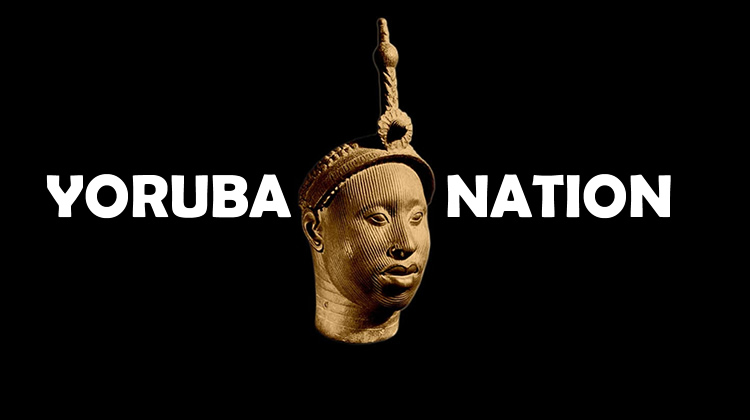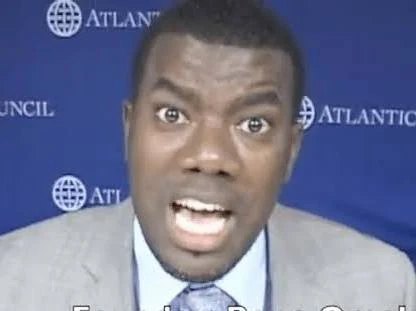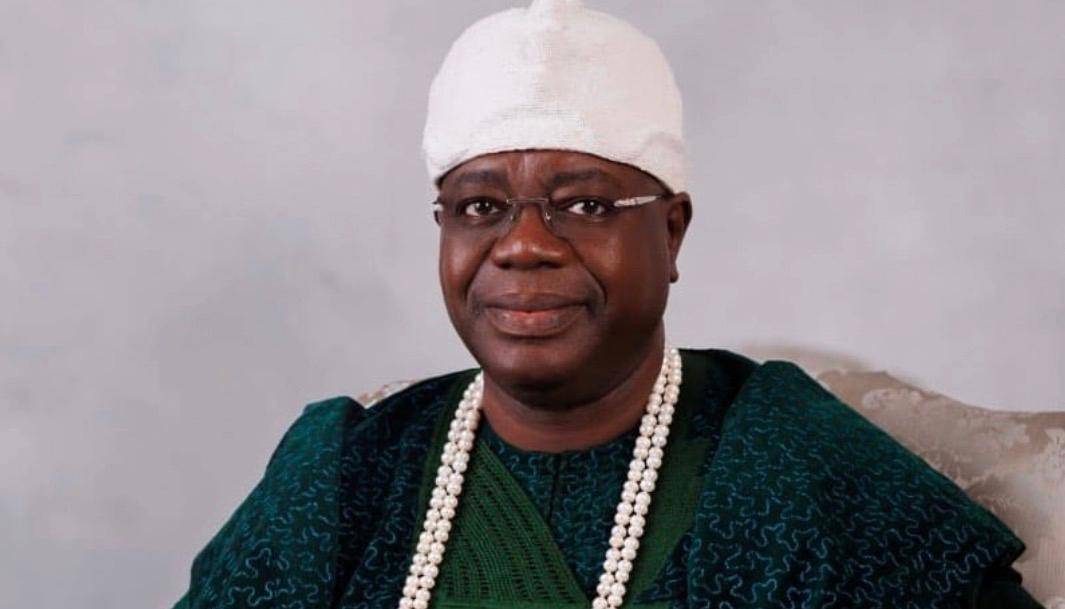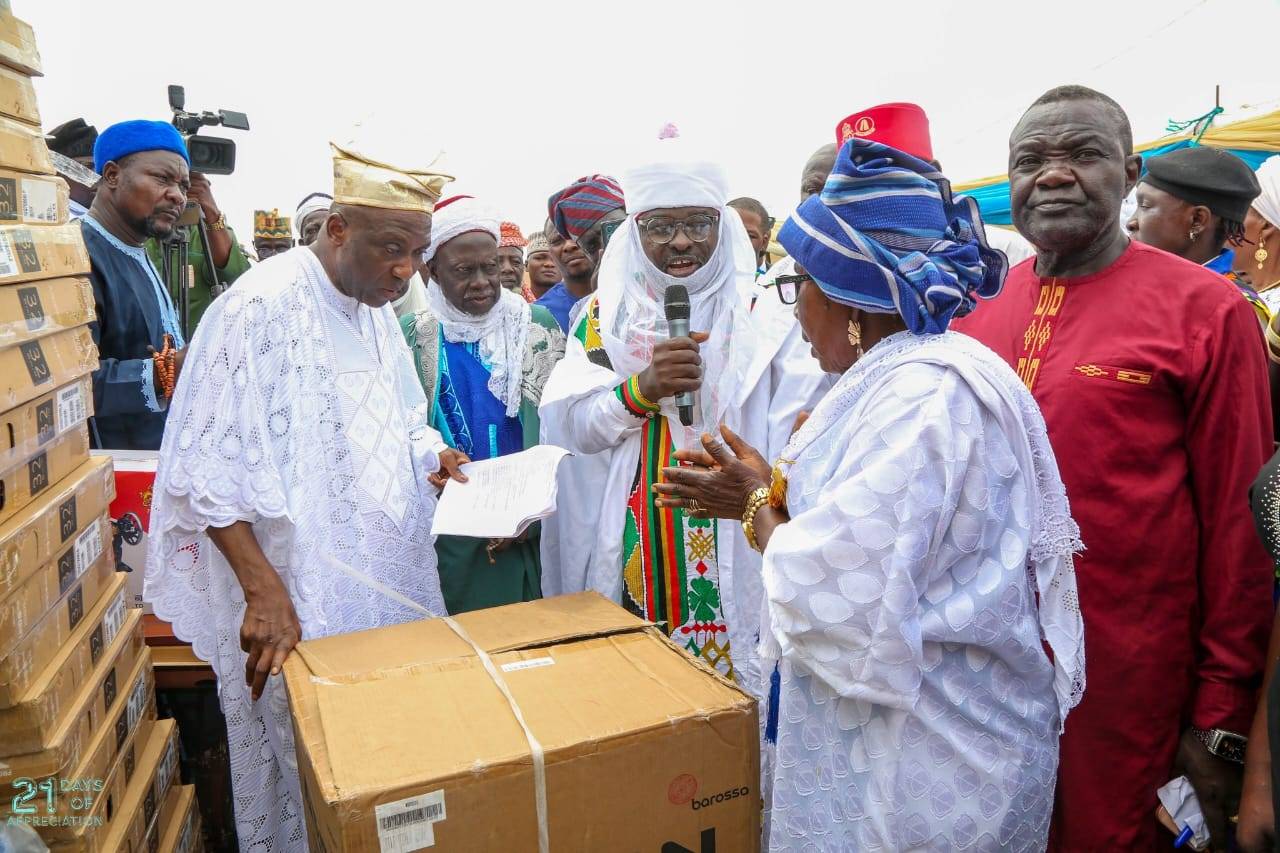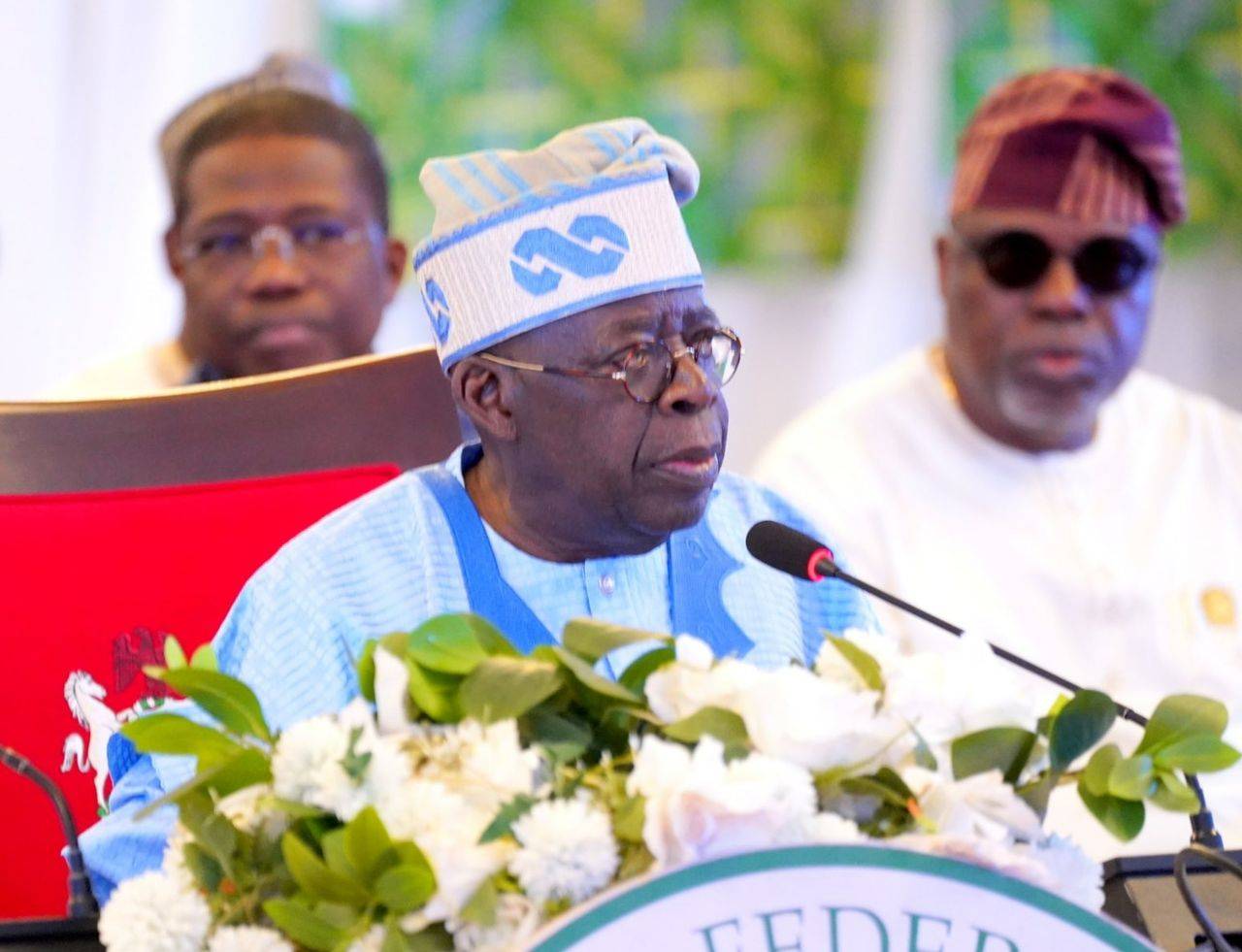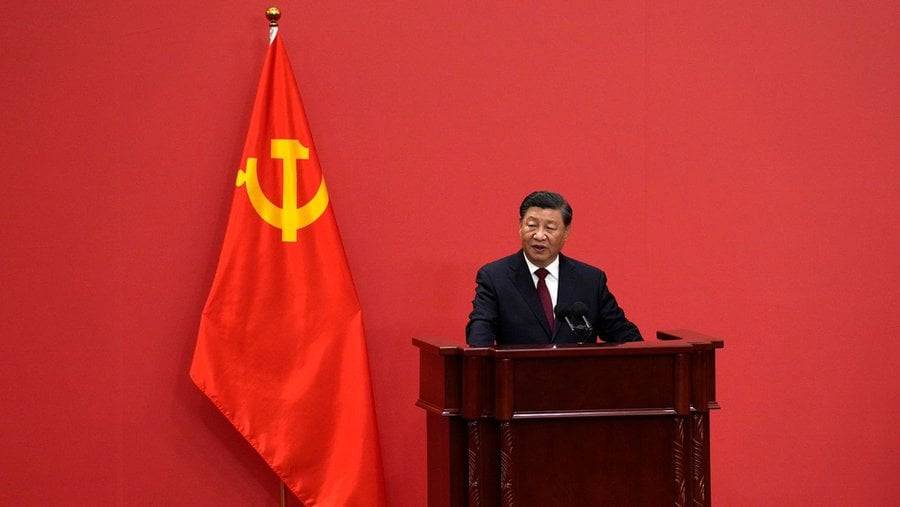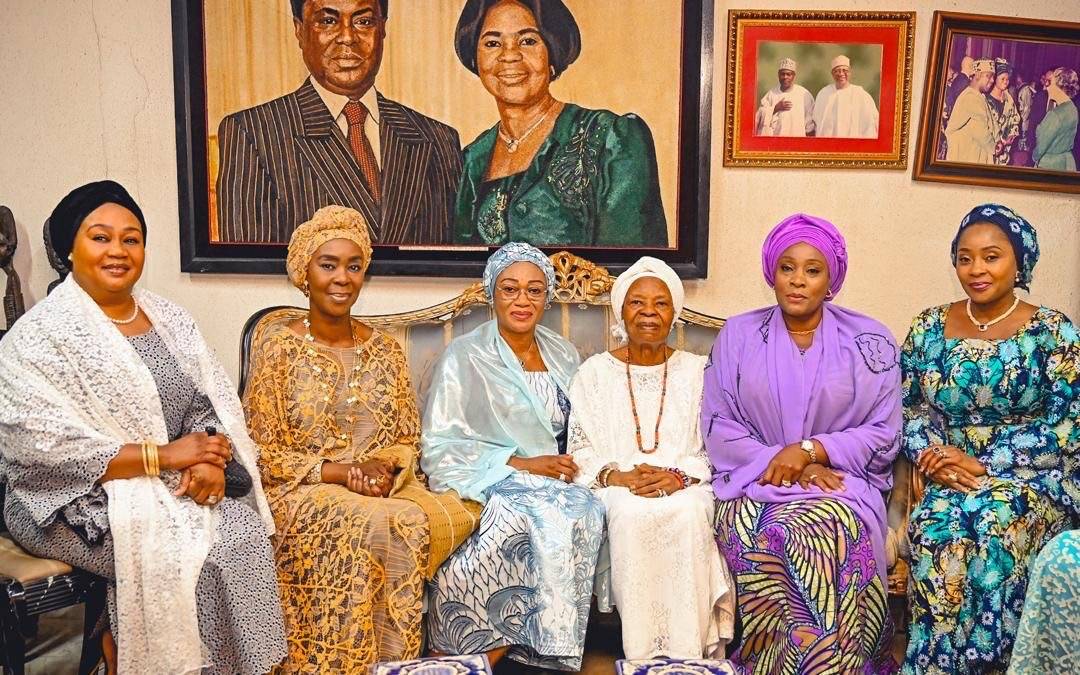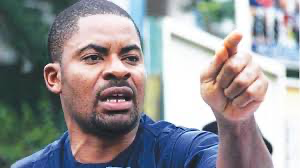By Kayode Emola
When considering the discovery of electricity, the names that most non-physicists will bring to mind are Benjamin Franklin and Thomas Edison. Few are aware of the impact that Nikola Tesla, a Serbian American, played in creating the electrical grid that we know today.
After Edison’s success in creating a commercially viable electric lightbulb, he set his sights on developing an electric “utility” that would rival the gas light utilities of the time, going beyond the arc lighting systems deployed for illuminating public areas, to bring electricity directly into private homes. He went on to develop transformers that transmitted what we know today as direct current (DC).
However, revolutionary though this was, a number of shortcomings prevented its widespread adoption. Due to high losses of power as the electricity was transmitted, it could only transmit electricity over a short distance, no more than one mile radius from the power stations; coverage was patchy, and it was available only to those living in areas of dense population.
Tesla had been brought to the United States by Edison, as a worker for his company, Edison Machine Works. However, they parted ways after only a short employment, and Tesla sought to strike out on his own. Initially attempting to commercialise his own take on the DC arc lighting system, the collapse of this venture and a partnership with Alfred Brown and Charles Fletcher led Tesla in a different direction.
Alternating current (AC) was another means of transmitting electricity, which was garnering attention across the world at this time. It had the advantage over DC in that it could transmit electricity far beyond the power stations without the same enormous losses. The lack of a compatible motor prevented AC from gaining market dominance, however. Nikola Tesla developed and, with the aid of Brown and Fletcher, patented his poly-phase AC induction motor, which would ultimately become the turning point in securing AC as the universally accepted means of electrical grid transmission,
Tesla’s doggedness, despite the many obstacles he faced at the time, has enabled us to get cheap electricity into our homes today. He did not allow his circumstances to limit him or deter him from pursing alternative views. His persistence is something we all need to be grateful for.
Yet, despite more than 100 years having elapsed since the Tesla’s inventions made AC transmission networks (or ‘grids’) both feasible and accessible, Nigeria’s electricity problems still remain. Whilst our smaller West African neighbours such as Togo, Gambia, Guinea etc enjoy a steady and reliable supply of electricity into their homes, Nigeria’s populace remains dependent on generators if they are to avoid being subject to the whims and fluctuations of the sporadic electricity supply.
This all shows that, when it comes to developing electricity infrastructure, the size of Nigeria’s population is not an advantage but rather a detriment. With climate change causing soaring temperatures the world over, resulting in temperatures in Lagos and other parts of Yorubaland nearing 40°C, without electricity life may become unbearable for most of our people.
Just this week, Wednesday 3rd April 2024, the Nigerian electricity regulator approved an increase in tariff of over 300%, with the price per kilowatt rising from ₦68 to ₦225. This increase disregards the fact that electricity is not a commodity readily available to the ordinary person, who is reliant on generators to power their home.
Many constituencies in Yorubaland, such as Southern Ondo State, have not had electricity in their homes for more than five years. Residents of such areas have to rely on generators, installation of expensive solar panels or inverter batteries to power their homes. Yet despite this, they will be asked to pay a higher standing charge for a commodity they do not have the privilege to enjoy.
It is time we Yoruba realised that the alternative ideology – that which supports an independent Yoruba nation – is no longer an isolated voice in the wilderness. It is now becoming the prevailing voice and we all must embrace it. We should learn from Tesla who, rather than investing his efforts pushing forwards the concept of a DC-based electrical grid whose scope and capabilities were limited, stuck with developing AC and turned it into a phenomenon that revolutionised electricity for the world.
Those still attached to the politics of one Nigeria, especially our Yoruba politicians, are doing are Yoruba nation a great disservice. They should realise that this Nigerian experiment has failed so calamitously that with it there is no path for the Yoruba people except retrogression.
The only solution to our problems is total dissolution, therefore it is imperative that those of us promulgating the alternative to one Nigeria hold fast to our vision of Yoruba independence. We must stay strong, remaining in the belief that one day our children and those after us will thank us for the sacrifice we are paying to secure our independent nation. In the not-too-distant future our efforts will be rewarded and we shall see that not only did we hold the key to our future, but through our efforts, we were able to wield it effectively for the emancipation of our Yoruba country.


